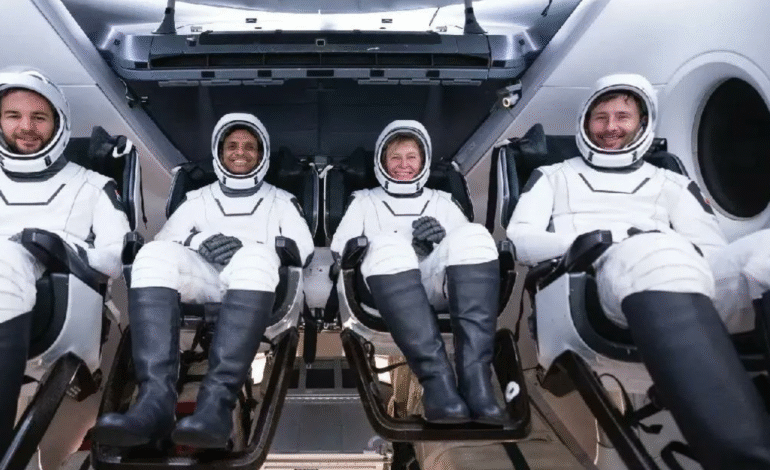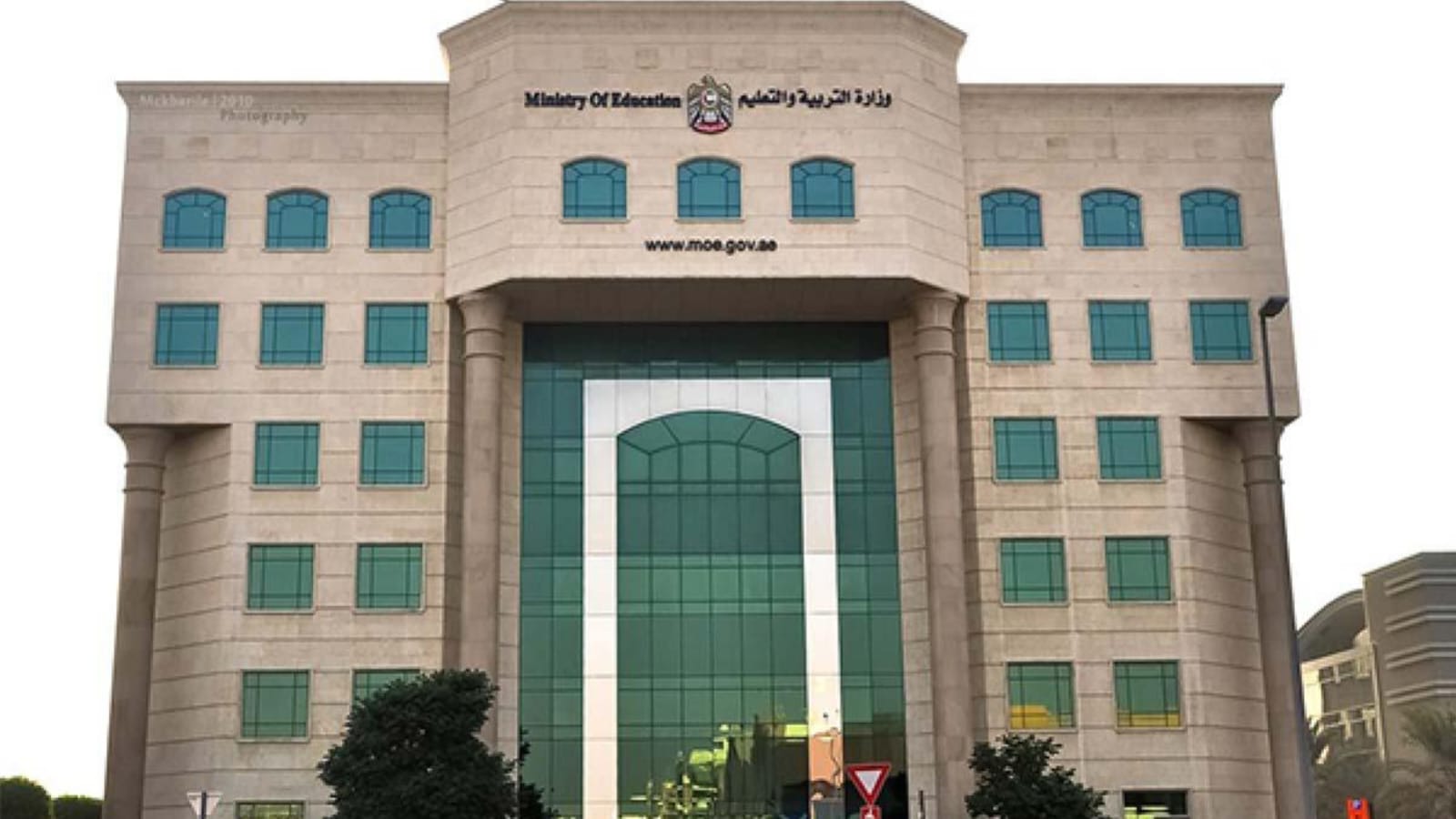Shubhanshu Shukla to Launch Axiom-4 Space Mission June 19

The Axiom-4 space mission, a prominent international commercial mission operated by Axiom Space, is now officially scheduled to launch on June 19. Originally planned for May 29, the mission faced a series of technical delays. With final assessments now complete, preparations are in full swing. This mission garners global attention as Group Captain Shubhanshu Shukla from the Indian Air Force joins as second-in-command. If successful, he will become the first Indian to reach the International Space Station (ISS) and the second Indian in space since Rakesh Sharma in 1984.
Multiple Delays Push Launch to Late June
The launch was delayed due to several technical and environmental setbacks. These included the replacement of parts in the Crew Dragon spacecraft, an engine issue in the Falcon 9 rocket, a liquid oxygen leak, and even unfavourable weather conditions. Adding to the complexity, there was an anomaly detected in Russia’s Zvezda module on the ISS, which required thorough assessment.
On June 13, the Indian Space Research Organisation (ISRO) confirmed that the liquid oxygen leak issue had been successfully resolved. This announcement followed a strategic meeting between ISRO, Axiom Space, and SpaceX. According to ISRO, Axiom Space continues to collaborate with NASA to evaluate the pressure anomaly in the Russian Zvezda Service Module, ensuring that all systems are safe and operational.
Launch Window Between June 19 and June 30
According to Dana Weigel, NASA’s International Space Station Programme Manager, the new launch date falls within a broader launch window that extends through June 30. In space operations, such windows are highly calculated periods during which a launch is most viable. These launch windows are determined based on orbital mechanics, weather conditions, and alignment with the International Space Station.
Launches must often occur within specific minutes of opportunity, calculated down to the second. This is why space launches often happen at unusual times and are never identical from one mission to the next. The Axiom-4 mission is no exception.
If the mission cannot take off by the end of June, there are additional windows available in mid-July. NASA indicated that several space station activities, such as Progress cargo undocking and docking and high solar beta periods, will briefly limit opportunities, but options for launch remain open.
Shubhanshu Shukla to Make Historic Journey
Group Captain Shubhanshu Shukla serves as a distinguished test pilot with the Indian Air Force, bringing a wealth of aviation experience. His role as second-in-command aboard the Axiom-4 mission places him in a critical leadership and operational position.
His journey is not only symbolic but also practical, marking India’s evolving role in global space missions. Shukla’s participation exemplifies the collaborative nature of modern spaceflight, where commercial platforms enable astronauts from across the world to contribute to scientific exploration and orbital research.
India’s $64 Million Investment in Spaceflight
The Indian government has reportedly spent $64 million (approximately ₹550 crore) to support Shukla’s participation in this mission. This substantial investment covers everything from his training and accommodation to the spaceflight itself.
This move reflects India’s growing interest and ambition in human spaceflight, particularly as the country prepares for its own mission — Gaganyaan — led by ISRO. Participation in Axiom-4 is seen as a strategic step that provides Indian personnel with direct, valuable experience in international space missions, complementing India’s long-term goals in space research and exploration.
STEM Experiments to Be Conducted Onboard
A key feature of the Axiom-4 mission is its strong educational and scientific agenda. While on the ISS, Shukla will carry out multiple STEM (Science, Technology, Engineering, and Mathematics) experiments. These are not only designed to gather useful data but also to inspire and educate.
The experiments will be recorded and packaged into educational videos as part of the mission’s global outreach efforts. These videos are intended to promote interest in space sciences among students around the world, particularly in emerging economies where access to space science education can be limited.
Shukla’s onboard experiments may span topics such as fluid dynamics, materials science, biological processes, and microgravity physics. The unique environment of space provides a laboratory like no other, where physical phenomena can behave in ways unobservable on Earth. The data collected will be openly shared with research institutions and academic organizations.
International Cooperation in Commercial Spaceflight
Axiom-4 stands as a powerful example of how international cooperation and commercial innovation are redefining space exploration. Unlike earlier decades dominated by state-run agencies, today’s missions often include private space companies like Axiom Space and SpaceX, working in tandem with agencies like NASA, ISRO, and Roscosmos.
This mission involves contributions from multiple nations and organizations — SpaceX provides the Falcon 9 rocket and Crew Dragon capsule, NASA offers ISS access and oversight, and ISRO plays a coordinating role for the Indian astronaut’s involvement. Such cooperative frameworks show how space is increasingly becoming a shared domain, where countries contribute resources, knowledge, and expertise toward common goals.
These collaborations also help lower the barriers to entry for smaller or emerging spacefaring nations. By participating in shared missions, countries can advance their scientific goals while minimizing cost and risk.
Detailed Safety Protocols and Final Preparations
As the June 19 launch date approaches, preparations at NASA’s Kennedy Space Center in Florida have entered their final phase. Final checks on the Falcon 9 rocket and Crew Dragon spacecraft are ongoing, including integration, safety simulations, and crew readiness assessments.
One of the central areas of concern remains the previously reported Zvezda module pressure anomaly. While the anomaly does not pose a direct threat to the Axiom-4 mission, it is being closely monitored to ensure there is no risk during docking or onboard operations.
Weather also remains a crucial factor. SpaceX and NASA use high-resolution meteorological models to assess launch-day conditions. Any unacceptable weather risks — even moments before launch — can lead to a postponement. This strict safety-first approach is standard practice for all crewed missions.
A Defining Moment for India’s Space Programme
Shubhanshu Shukla’s flight, if successful, will mark a historic milestone in India’s space journey. With the nation already having achieved major successes in lunar exploration, interplanetary missions, and satellite technology, human spaceflight adds a crucial dimension to its capabilities.
This mission also offers a preview of what future Indian participation in commercial spaceflight might look like. While ISRO continues work on its indigenous human mission, partnering with organizations like Axiom Space provides Indian astronauts with early exposure to the operational and scientific environment of space.
Beyond the technology and training, the symbolism of an Indian astronaut conducting international scientific research aboard the ISS could inspire millions of young minds in India and across the world.
Beyond Axiom-4: Future of Human Space Exploration
Looking ahead, the Axiom-4 mission serves as a stepping stone toward a future of sustained human presence in low Earth orbit, with commercial space stations, international crews, and diverse research objectives.
Axiom Space has plans to launch its own private space station modules in the coming years, which will eventually separate from the ISS to form a new commercial orbital laboratory. The data and insights gathered from missions like Axiom-4 will be critical in shaping these future endeavors.
For emerging space nations, including India, missions like Axiom-4 represent a gateway to greater participation in the new era of space science — one that is more inclusive, accessible, and cooperative than ever before.
Awaiting a New Era in Space Exploration
With the countdown set for June 19, the world awaits another leap in human space exploration. The Axiom-4 mission is not just a technological achievement but also a symbol of how global collaboration, scientific outreach, and commercial innovation are reshaping our approach to space.
Shubhanshu Shukla’s voyage, backed by India’s strategic investment and enabled by global partnerships, highlights the role individuals can play in advancing collective space goals. Whether launching in June or mid-July, the mission’s significance remains clear — it is not just about reaching space, but about what we can accomplish there together.








3 Comments
[…] launched 26 Starlink V2 Mini satellites into low Earth orbit. The launch was conducted from Space Launch Complex 4 East (SLC-4E) at Vandenberg Space Force Base in California, taking place at precisely 8:36 p.m. PDT (11:36 p.m. […]
[…] Whitson, veteran astronaut and commander of the Axiom-4 mission, is supporting experiments in the Tranquillity module, focusing on issues such as blood clot […]
[…] successful testing of the Gaganyaan propulsion system represents a critical step in India’s journey to launch its first astronauts into space. The twin engine tests conducted at IPRC Mahendragiri confirm the readiness of the SMPS system, a […]
Comments are closed.